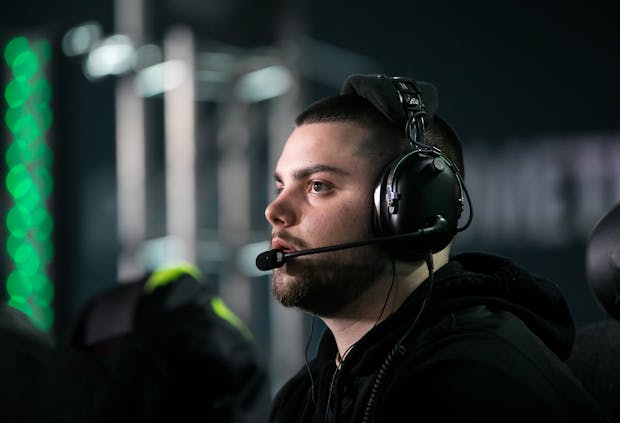
ActivisionBlizzard, the publisher and operator of the Call of Duty League, has formally abandoned its dream of replicating the US professional sports model in esports, waiving and refunding all franchise entry fees for the CoD League’s constituent teams in a bid to save the competition.
The decision to pay teams back for their investments in the league was first announced by OverActive Media (OAM), owner of CoD League team the Toronto Ultra. OAM said in a press release that it had agreed a restructured deal with ActivisionBlizzard to remain in the league, which includes ‘enhanced’ revenue streams from in-game items and the opportunity to run licensed third-party esports tournaments.
According to the Jacob Wolf Report, the 12 CoD League teams were due to pay at least $25m (€23.4m) in franchise fees to enter the competition. As such, ActivisionBlizzard will now refund and waive a total of at least $300m to the teams as part of a series of new licensing agreements.
An official statement from the Call of Duty League released later on Tuesday said: “Outstanding entry fees will be eliminated, and any fees previously collected from teams will be returned in full. While we paused collection of these payments years ago, we are permanently removing this obligation while also injecting capital back into the League.”
OverActive Media confirmed that it would have $25.5m of outstanding fees wiped out, in addition to receiving a $2.8m “restructuring payment” from the publisher that would enable it to remain as a CoD League member.
ANALYSIS: Google hoping exclusive esports splash will take YouTube Gaming to next level
Adam Adamou, chief executive at OAM, said the arrangement put his organisation “in an enviable position during a period of heavy industry consolidation.”
ActivisionBlizzard’s decision is indicative of where esports stands in 2024 – a marketing cost for publishers to bear in return for an active, invested player base willing to spend hundreds of millions of dollars each year on in-game item purchases.
The league said in a statement: “Esports is where many of Call of Duty’s community engage with the franchise and where players have the opportunity to turn their Call of Duty passion into professional careers, and we want to ensure we continue to build a thriving future for this audience.”
The publisher’s decision to continue with the Call of Duty League sits in contrast with its decision to abandon its original franchised esports league, the Overwatch League (OWL).
ActivisionBlizzard wound up the Overwatch League in November last year after at least two-thirds of its constituent teams voted to dissolve the league’s franchise structure and terminate their franchise agreements.
The Esports Advocate reported that each of the OWL’s 20 teams received a $6m payout to alleviate losses and help them continue competing in a non-franchised, regional version of Overwatch esports – the Overwatch Champions Series, which is run in partnership with the ESL FaceIt Group.
The OWL had stuttered its way through the pandemic and, according to esports business and governance expert Richard Lewis, had never been an economically viable prospect. The OWL’s viewership had steadily dwindled from underwhelming peaks since its launch in 2018, while teams bled money as they spent millions on global travel, event hosting and player wages.
ActivisionBlizzard’s moves over the past five months seek to bring sustainability to their esports ecosystems and, ultimately, achieve a simple goal: monetising their video games.